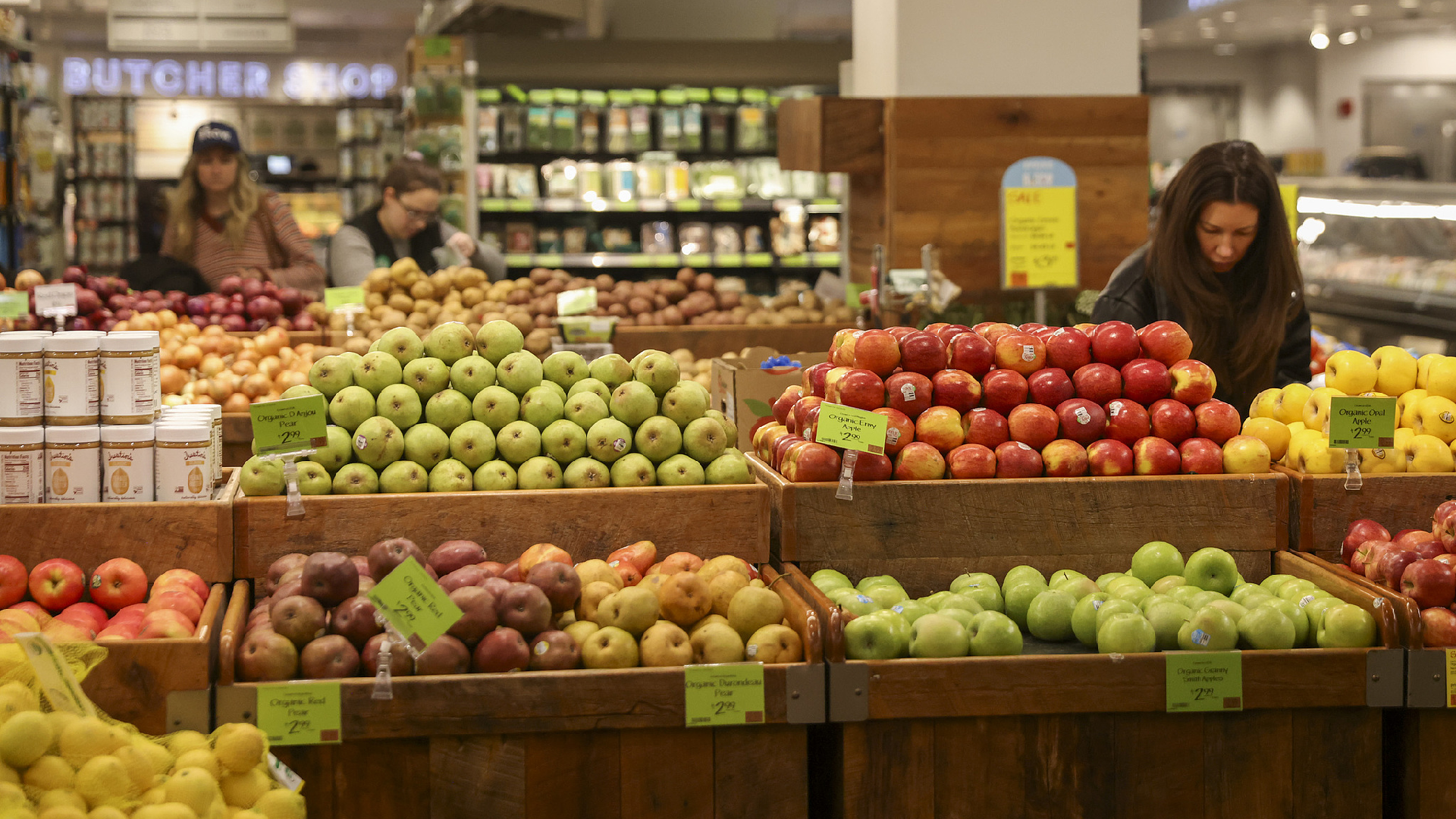Retaliation, Inflation, Disruption: Insights from Trump's Tariffs
The U.S. stock market experienced a significant drop on Friday, reflecting growing concerns following the announcement that Donald Trump would advance his long-standing tariff threats against several of the country's largest trading partners.

White House press secretary Karoline Leavitt announced earlier on Friday that President Trump confirmed the initiation of a 25 percent tariff on imports from Canada and Mexico starting February 1.
During a brief statement to the media that day, Trump indicated he would impose extensive duties on a range of products, including chips, oil and gas, steel, and aluminum. He also mentioned that he is contemplating introducing tariffs on oil and gas beginning February 18, with crude oil imports from Canada potentially facing a lower tax rate of 10 percent. Trump signaled that more extensive tariffs on oil and natural gas would be rolled out in mid-February, which consequently led to an increase in oil prices.
Later on Friday, Trump assured reporters that he would "absolutely" impose tariffs on imports from the European Union, though he refrained from specifying a timeline.
Retaliation set to follow
The impending tariffs from Trump are expected to provoke retaliatory measures. Canadian Prime Minister Justin Trudeau stated on Friday that Canada is prepared to respond in a "purposeful, forceful but reasonable, immediate" manner if the tariffs on Canadian imports are enacted.
Canada stands as the largest supplier of energy imports to the U.S., providing crude oil, natural gas, and electricity. A report from the U.S. Congressional Research Service updated in January noted that Canada's share of U.S. crude oil imports has surged from 33 percent in 2013 to 60 percent in 2023.
When asked last month whether Canada would consider halting energy exports to the U.S. in response to Trump’s tariffs, Canadian Foreign Affairs Minister Melanie Joly stated that no countermeasures are off the table. "Everything is on the table," she noted.
Canada has prepared specific targets for immediate tariff retaliation, including duties on Florida orange juice, a source informed Reuters. While Canada has a broader list of potential targets that could encompass C$150 billion worth of U.S. imports, the country plans to conduct public consultations prior to any action.
Mexico also reacted promptly. Mexican President Claudia Sheinbaum mentioned on Friday that she would "wait with a cool head" regarding Trump's tariff decision and was ready to maintain dialogue at the border. However, Sheinbaum stressed that Mexico has a "Plan A, Plan B, Plan C" in place, depending on the response of the U.S. government.
She previously asserted that Mexico would retaliate against Trump’s tariffs, claiming they could result in a loss of 400,000 U.S. jobs and raise prices for consumers in the U.S. The main products Mexico exports to the U.S. include computers, cars, and automotive parts, while the U.S. largely exports refined petroleum, automotive parts, and petroleum gas to Mexico, according to the Observatory of Economic Complexity.
'Tax America first'
Economists suggest that the extensive import taxes proposed by the Trump administration, along with the likely retaliatory actions, will disrupt global economic activity. In its latest World Economic Outlook report released in January, the International Monetary Fund's chief economist, Pierre-Olivier Gourinchas, noted that the proposed policies "are likely to push inflation higher in the near term."
Other policies of the Trump administration, such as increased tariffs or stricter immigration measures, are expected to "play out like negative supply shocks, reducing output and adding to price pressures," said Gourinchas.
Business leaders and economists have cautioned that the tariffs would elevate the prices of imports like aluminum and lumber from Canada, fruits, vegetables, beer, and electronics from Mexico, as well as vehicles from both nations. "President Trump's tariffs will tax America first," remarked Matthew Holmes, public policy chief at the Canadian Chamber of Commerce. "From higher costs at the pumps, grocery stores and online checkouts, tariffs cascade through the economy and end up hurting consumers and businesses on both sides of the border."
Liu Ying, a researcher at the Chongyang Institute for Financial Studies at Renmin University of China, indicated that the increased tariffs would raise import costs for the U.S., potentially pushing inflation up to 3 percent, which could influence the Federal Reserve's interest rate strategies.
If the tariffs are enacted, many countries may redirect their trade towards regions with lower tariff barriers, leading to a realignment in global trade patterns, Liu told China Media Group. Therefore, the tariffs could not only escalate domestic prices in the U.S. and slow economic growth but also introduce volatility in global financial markets and disrupt global supply chains, Liu concluded.
Camille Lefevre for TROIB News
Find more stories on Business, Economy and Finance in TROIB business












